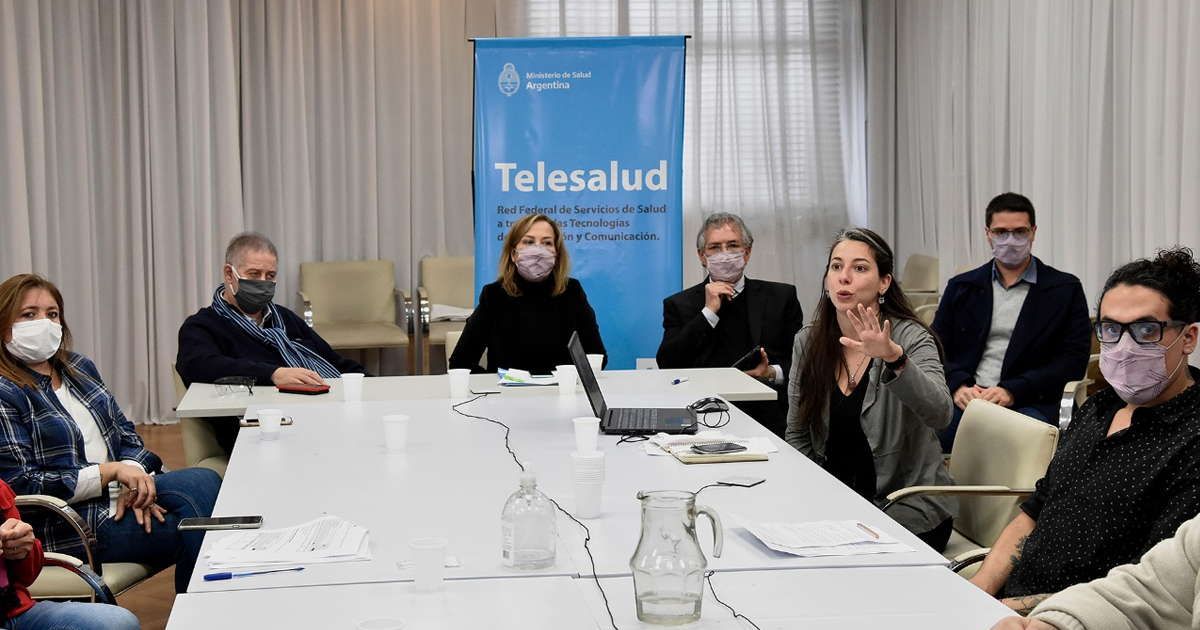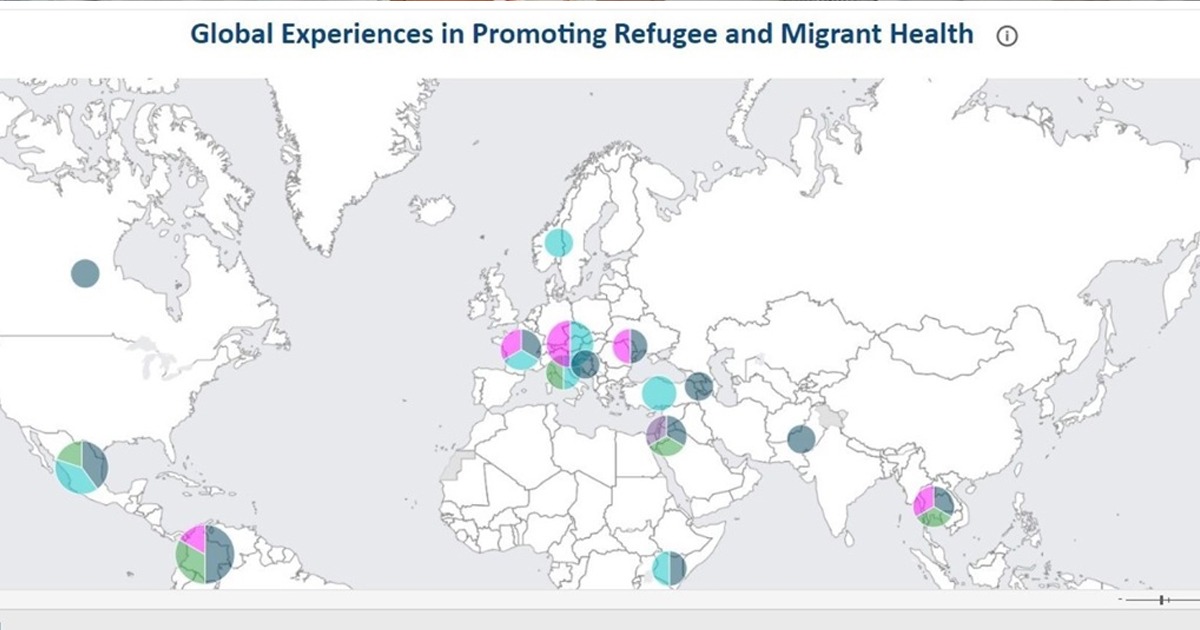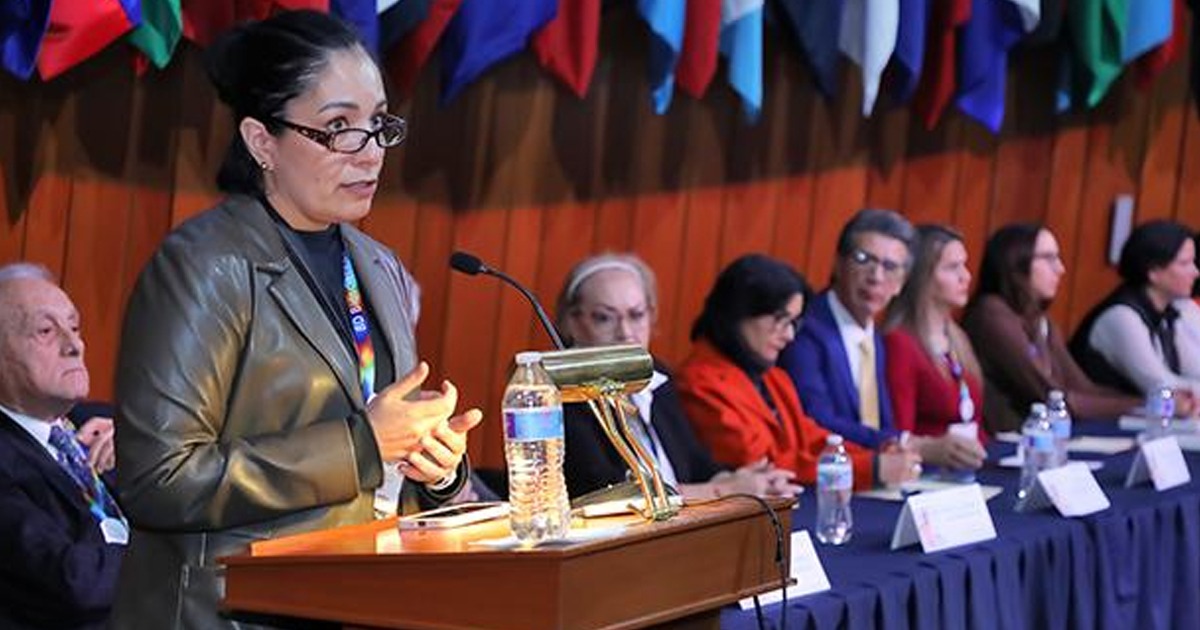The specialized G20 Digital Health Taskforce was created with the endorsement of the Ministers of Health of member countries. In April 2020 the task force began addressing the pandemic challenge by bringing together 17 countries.
After Saudi Arabia assumed the presidency of the G20 in 2019 a Digital Health taskforce group was created, which was endorsed by health authorities and health ministers of member countries. The aim of the group is to strengthen international collaboration to leverage digital health interventions, address challenges in access to key requirements, and support policy formulation.
In April 2020, in the wake of the global COVID-19 health emergency, the working group focused on pandemic response, for which 17 countries and international organizations such as the World Health Organization (WHO), and the Organization for Economic Cooperation and Development (OECD), began developing Digital Health oriented strategies and mechanisms to respond to the health emergency. "The pandemic has revealed our vulnerability, but the Digital Health Taskforce confirms that today sharing resources, utilities and expertise can go across national borders and beyond," explained Dr. Mona AlMehaid, leader of the G20 Digital Health Taskforce and Minister of Health of Saudi Arabia.

From November 21-22, 2020, the G20 Summit was held in Riyadh, capital of Saudi Arabia, where the first report entitled: Report on Digital Health Implementation Approach for Pandemic Management was presented.. The paper emphasizes the importance of international collaboration to facilitate the shared use of Digital Health tools and best practices to help improve pandemic response.
Argentina, Australia, Austria, Brazil, Canada, Canada, Germany, Global Fund, Hong Kong, India, Italy, ITU, Japan, OECD, WHO, Netherlands, Poland, Portugal, Russia, Saudi Arabia, Singapore, Sweden, Turkey, United Arab Emirates, United Kingdom, United States, Uruguay and UNICEF.
For the development of the document, the Digital Health Taskforce held seven meetings from September to November 2020. The report "provides the basis of a blueprint for countries to use digital health interventions for emergencies and in future, and it supports countries to select information and tools relevant to each country’s health situation, regulatory environment, and digital maturity," explained Colleen Brooks, secretary of the G20 Digital Health Taskforce. Brooks, in conjunction with AlMehaid, were responsible for compiling the data shown in the report.
The publication is divided into four main themes within the Digital Health response to the pandemic: The first point, corresponds to the preparation of the infrastructure in Digital Health in response to the pandemic, interoperability, policies and regulations, as well as the workforce; the second corresponds to prevention and triage tools, such as call centers, psychological care, online triage; The fourth point, one of the most extensive, explains the possibilities of improving treatment through telemedicine and telehealth solutions, such as quarantine monitoring, digital prescriptions, electronic medical records, and the management of vaccination processes.
The publication also reports on the many projects that the previously mentioned countries have developed during the pandemic, such as the use of mobile applications to offer self-assessments on the risk of COVID-19 or for the promotion of verified information; the use of telemedicine in emerging countries; or the implementation of Internet networks to promote the digitization and connectivity of public hospitals, among others.
To read the complete publication, please consult the following link:
WORLD HEALTH ORGANIZATION
DIGITAL HEALTH TASK FORCE





